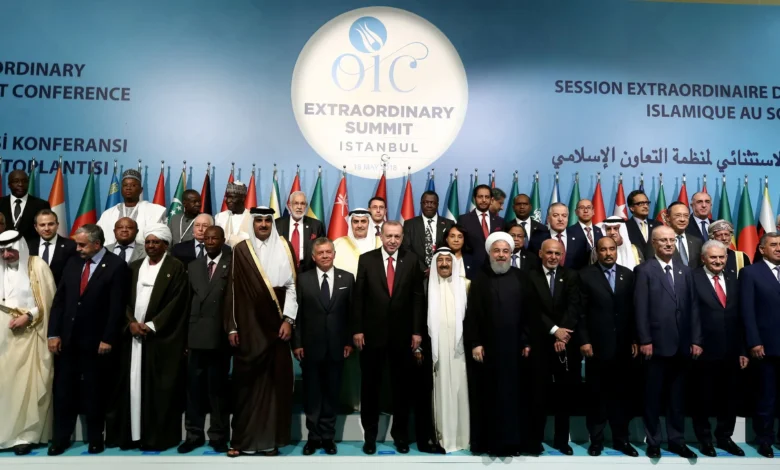Increasing Efforts to Challenge the Legitimacy of Muslim Politicians in the UK

Recently, there has been a blatant move to try and delegitimize the legally and democratically elected Muslim politicians in the United Kingdom. Four Muslim candidates emerged winners in the July general election, out of which three were new entrants; most notable was Shockat Adam, who defeated Labour’s Jonathan Ashworth in Leicester South. There is another political story, especially in the media, that focuses on subversive concerns over the credentials and, by extension, the morality of the candidates and voters who voted for them, fair as the electoral outcomes may be.
One of the Conservative leadership contenders recently described these Muslim MPs as ‘sectarian, Islamist politics’ just like Corbyn to win the elections. She stated that such “alien ideas” should not be entertained in British politics, adding to suspicion of Muslims in the British political arena.
In Leicester, for instance, where the Muslim population constitutes a significant electoral base, discrimination strategies have emerged in a bid to dismiss the votes. The problematic law that has been used in this instance is the one that refers to ‘undue spiritual influence’. The Jim Crow law that was initially used in the 19th century to suppress Catholic voters was used to rechallenge the Muslim voter’s illegitimacy. It was last used in 2015 in Tower Hamlets, where various allegations of vote rigging led to an election being nullified; therefore, many Britons of Bengali origin were not allowed to vote.
The broader problem alludes to men being held to different standards. Muslim politicians are frequently targeted in this regard, and the motives of Muslims in the management of public affairs are highly questioned. While political leaders, like any other individual, enter politics to represent specific constituencies or for the desire to change the social status of society, Muslim politicians are often branded as being motivated by sectarian interests. The leeway given to them is examined, unlike other religious groups, which shows that there is latent bigotry towards the Muslims.
This increasing trend to distort the image of Muslim Politicians is, therefore, representative of deeper social prejudices. Islamophobia is not only a concept which captures the characteristics of isolated cases of hatred or discrimination but has become a permanent feature of the public and political sphere. Even when Muslim politicians win the election, the story is more often of suspicion or outright trickery than it is of genuine political support. This goes a long way to disempower Muslim communities and bring to disrepute their status as rightful citizens of the United Kingdom of Great Britain.
Again, the revival of outdated and odious laws in synergy with the words of public-facing officials, such as Badenoch, keep the discourse going that Muslim politicians and their voters are not saving themselves for Britain. It doesn’t only foster hatred and division, but it also creates mistrust in the democratic process and elections whenever Muslims win.
Finally, about the issue of the legitimacy of Muslim politicians in the United Kingdom, it should be noted that they are also part of a more extensive process that can be defined as Islamophobia. Such endeavours trying to undermine their democratic successes and suggest there are ulterior motives to their actions work towards disempowering critical segments of British society. To build democracy, it is essential to fight these discriminating treatments and to support the principle that every citizen of the country belonging to any religion has the right to vote and be a part of the political process.




